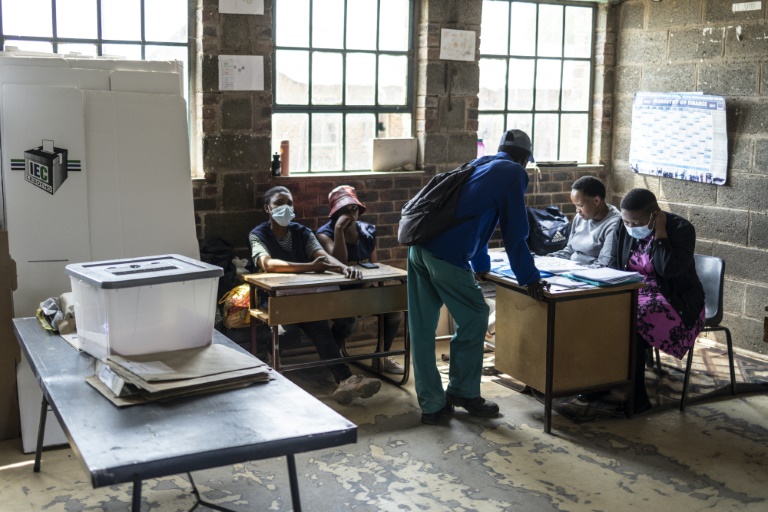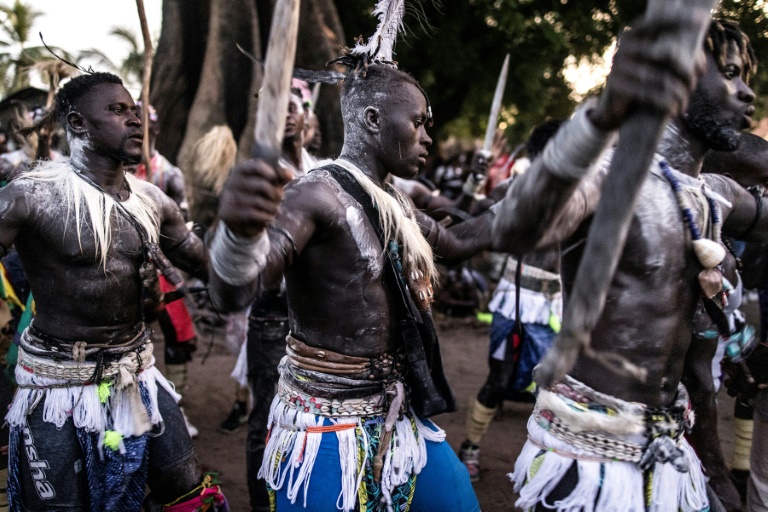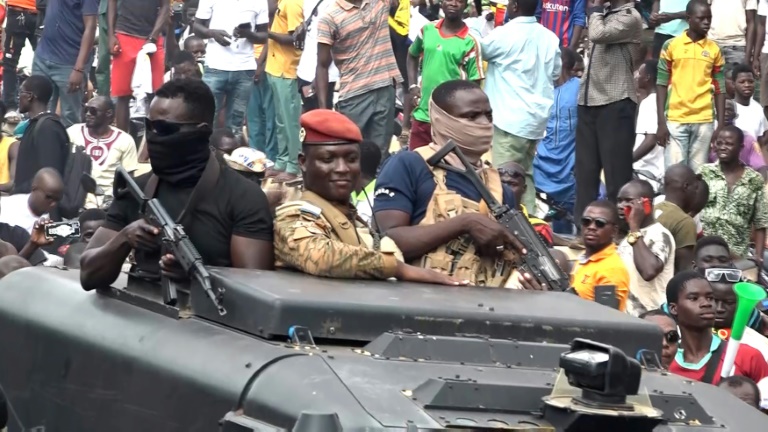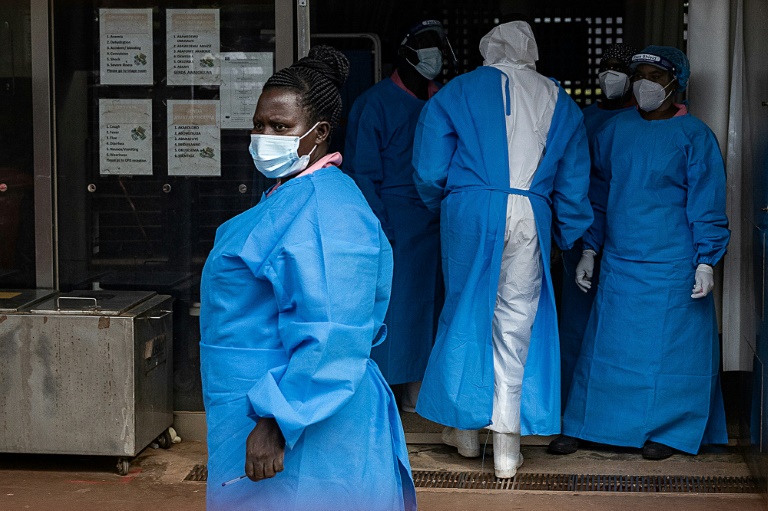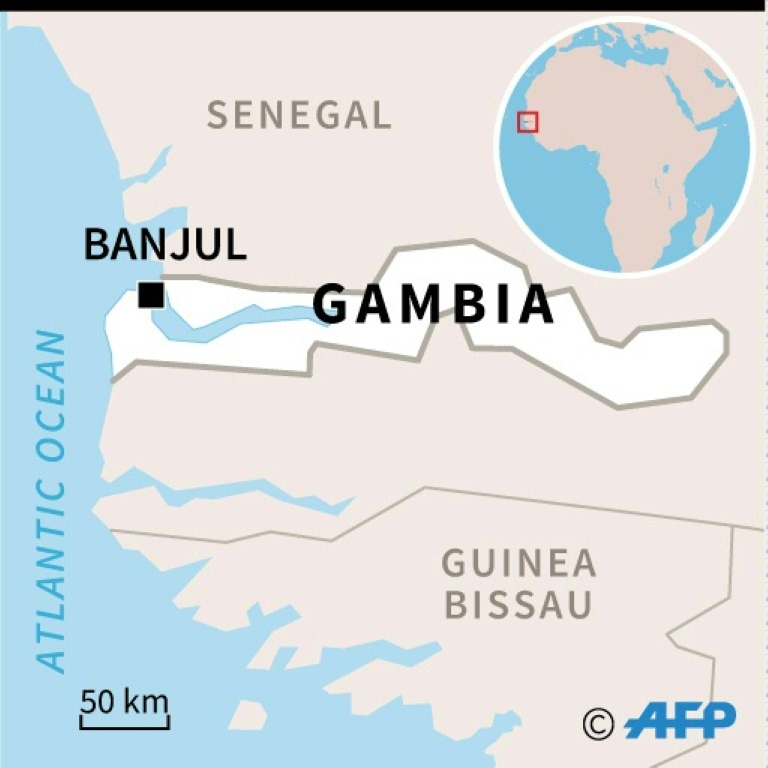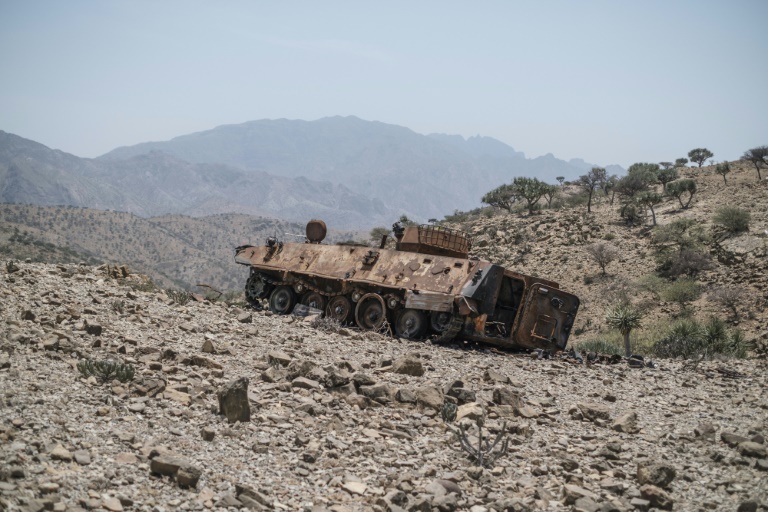Diamond millionaire hopes to rock Lesotho vote
Sitting at the desk of a grand office in Lesotho’s capital of Maseru, Sam Matekane doesn’t attempt to hide his ambition.
The millionaire political novice — whose business empire spans from donkeys to diamonds — says he aims to secure an “outright win” in the country’s parliamentary elections on Friday.
That’s no easy feat.
The small southern African kingdom has been ruled by fractious and frail coalition governments for the past decade, with no party able to secure a majority and no premier serving out a full five-year term.
Analysts expect the vote to usher in yet another coalition, unlikely to tackle poverty and instability in the mountainous country of about two million people.
But some concede Matekane, who styles himself as a champion of the country’s business elite, could be a dark horse in the race.
“I want to go alone,” the 64-year-old says about his plan to do away with political alliances during an interview shortly before the vote.
“Our country is sinking. So, we have to try and save (it) as business people,” he tells AFP.
Lesotho, which is completely surrounded by South Africa, ranks among the world’s poorest countries, with more than 30 percent of its population living on less than $1.90 a day.
A constitutional monarchy where the king has no formal power, it has long been beset by political turmoil that has hampered development.
Coups and attempted coups dot its history since independence from Britain in 1966.
Matekane says he hopes to turn things around, bringing his business skills to the government to relaunch the economy and tackle public debt and unemployment.
“All these governments that came, we were assisting them with the hope that things will change but things never changed and got worse,” he told AFP.
“That’s when we realised we need to take over”.
But so far he has given little in the way of detailed plans.
– Rags to riches –
The seventh of fourteen children born to a family of poor farmers in the central town of Mantsonyane, Matekane is a rags-to-riches tale.
He started off raising donkeys at the age of 22, and is now thought to be Lesotho’s wealthiest man.
Through the years he added a myriad of business ventures to his portfolio, from diamond mining to farming and medicinal cannabis — the cultivation of which Lesotho allowed in 2017, becoming the first African country to do so.
His success is simply down to “working hard”, he says.
A philanthropist, he has become a popular figure in the kingdom, building schools, a stadium and even a theatre.
He funds scholarships, sponsors the national football federation and has helped with the purchase of vaccines during the coronavirus pandemic.
He does not want to state his worth, but his affluence is on display at his office on the 6th floor of a building in the centre of Maseru, a sleepy city of 350,000 people.
White armchairs and golden door handles adorn the premises, while a helipad occupies part of the lawn.
Influential figures, including international election observers and the former president of the constitutional court, come and go from the building.
The outgoing parliament failed to pass a law on electoral reform aimed at ending political volatility — which would have prohibited lawmakers from switching party allegiance within the first three years of their tenure.
A fan of motorcycle racing, Matekane likes to move fast.
He launched his party “Revolution for Prosperity” only six months ago, and quickly recruited former ministers, a number of business figures and an ex-Central Bank governor.
In his efforts to maximise his time, Matekane often flies to meet his constituents, explains his chauffeur.
The transport can save precious minutes, the man says: “A two hours’ drive, but only 30 minutes by helicopter”.

